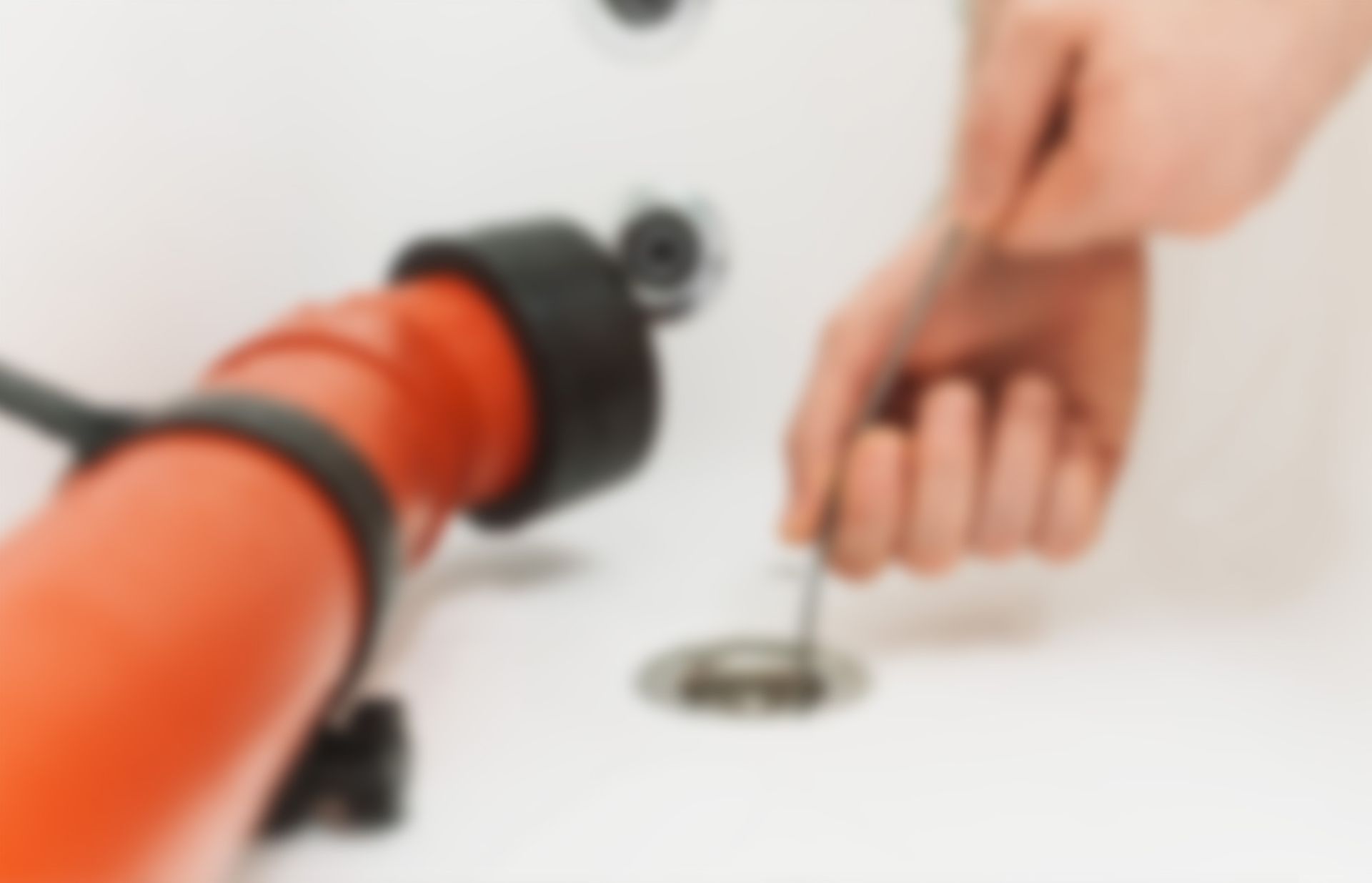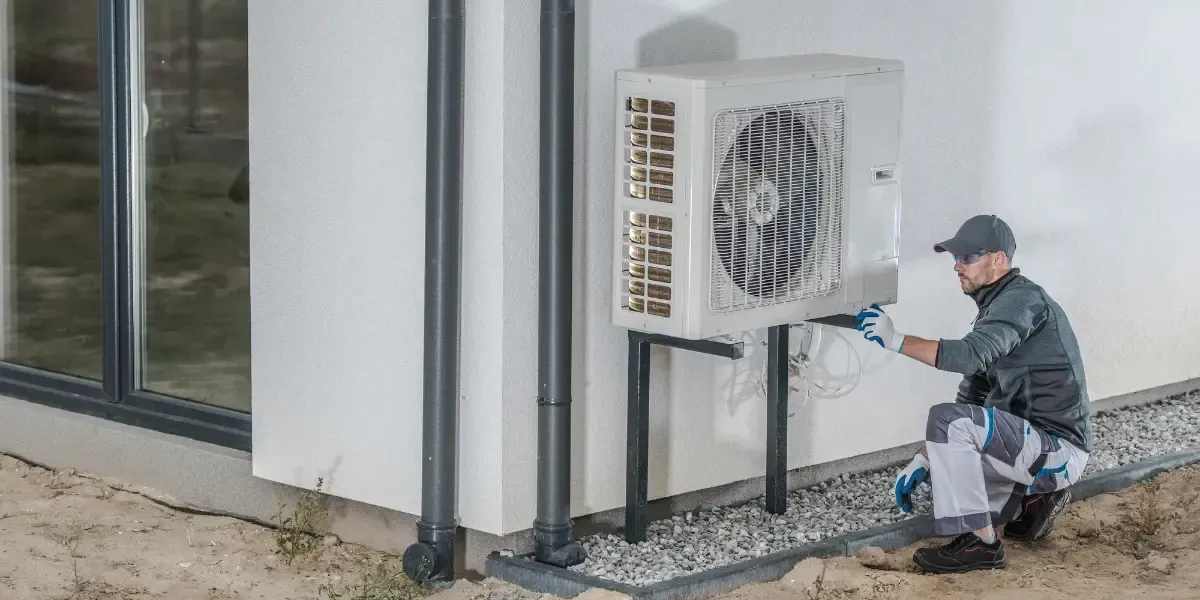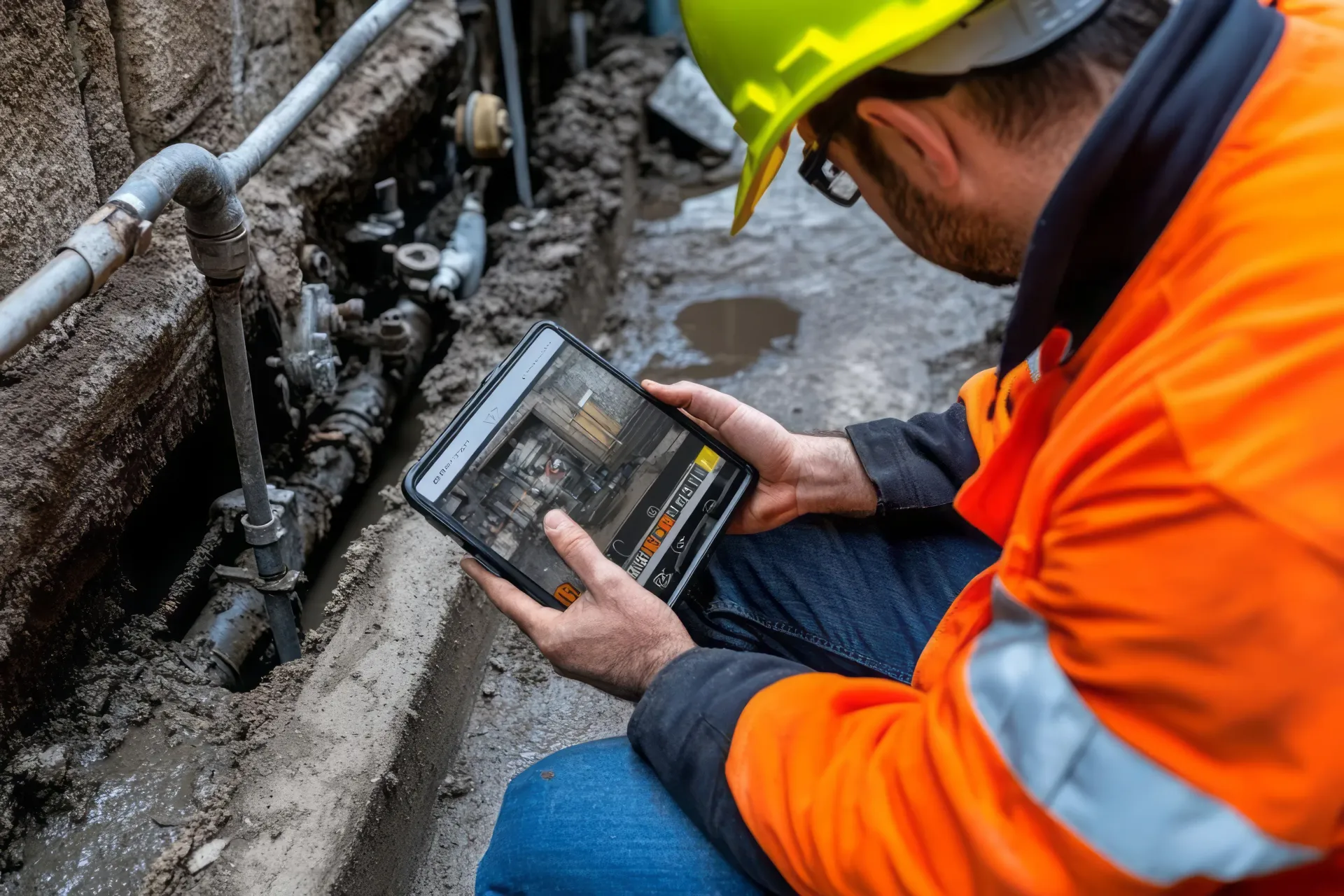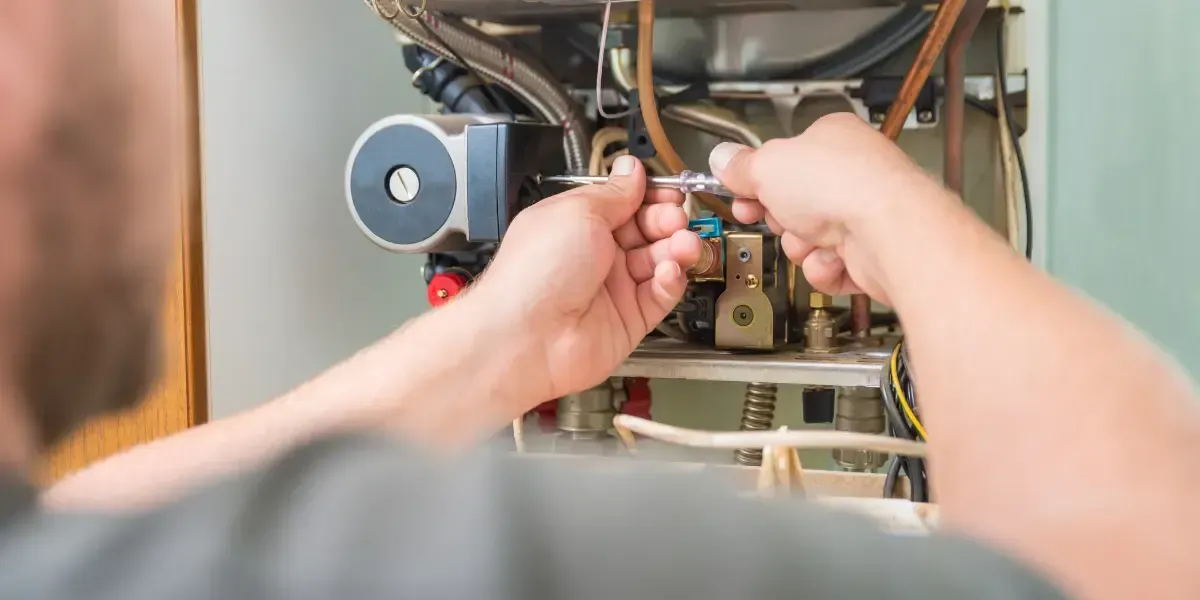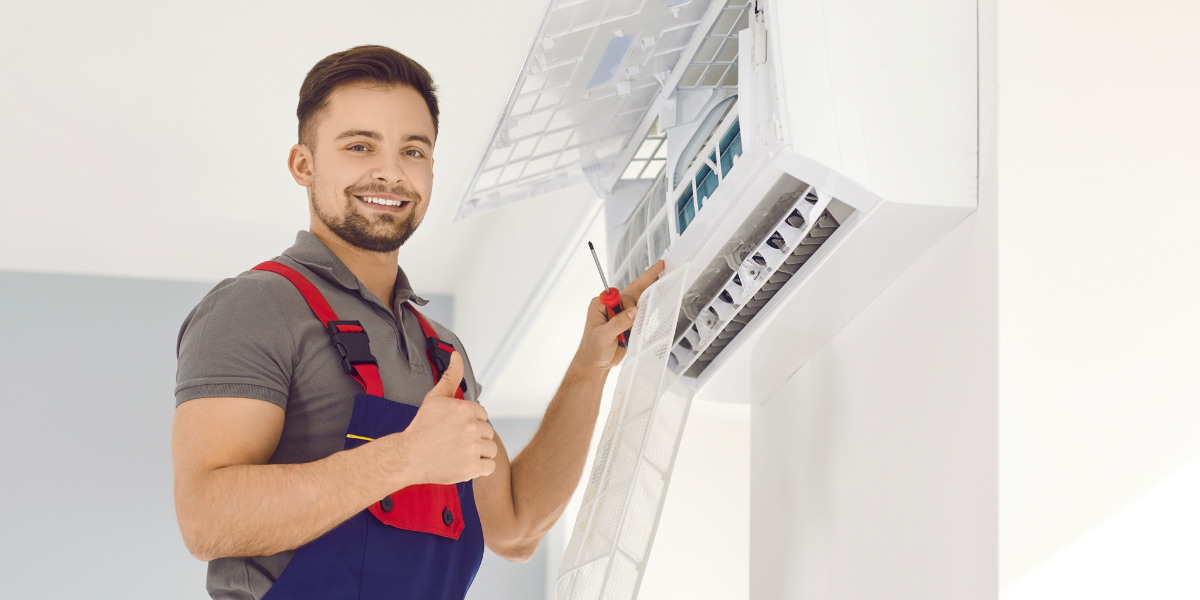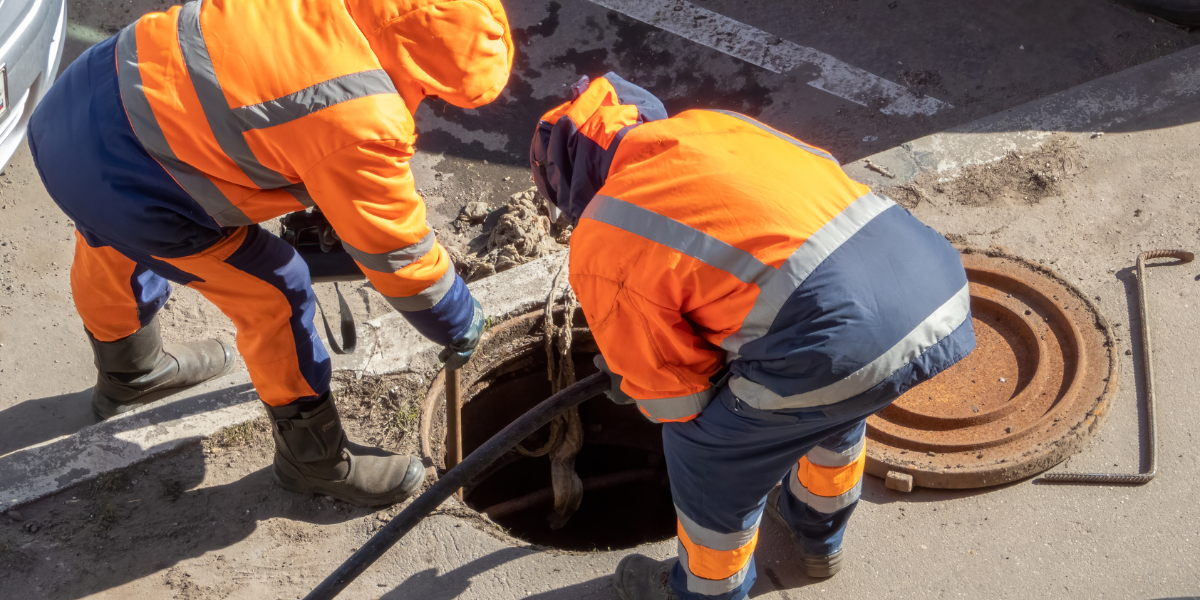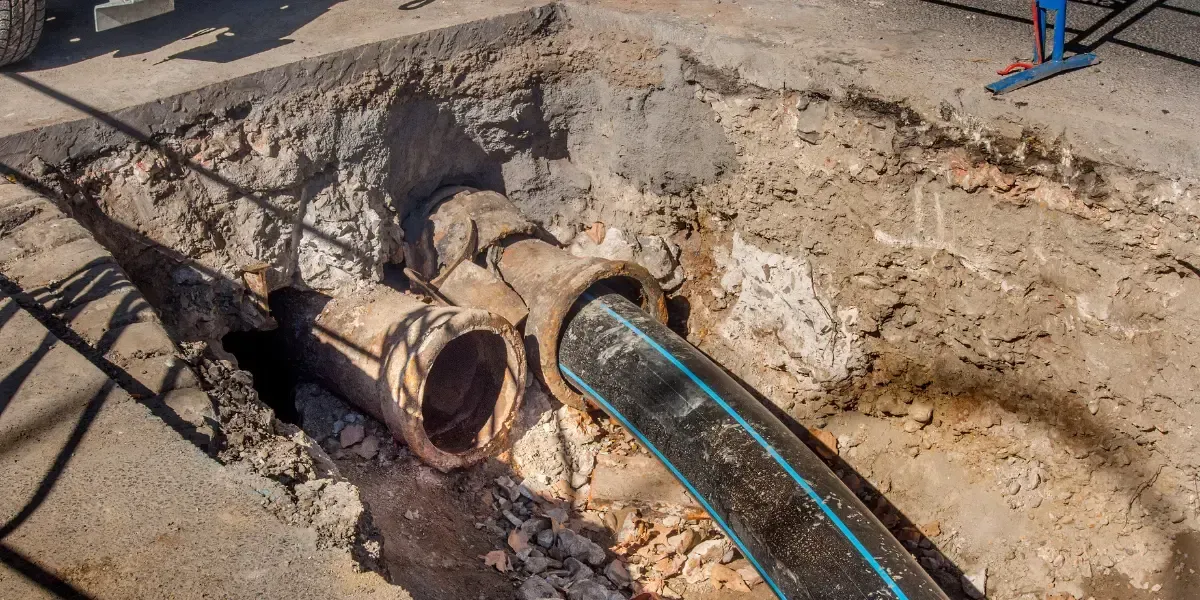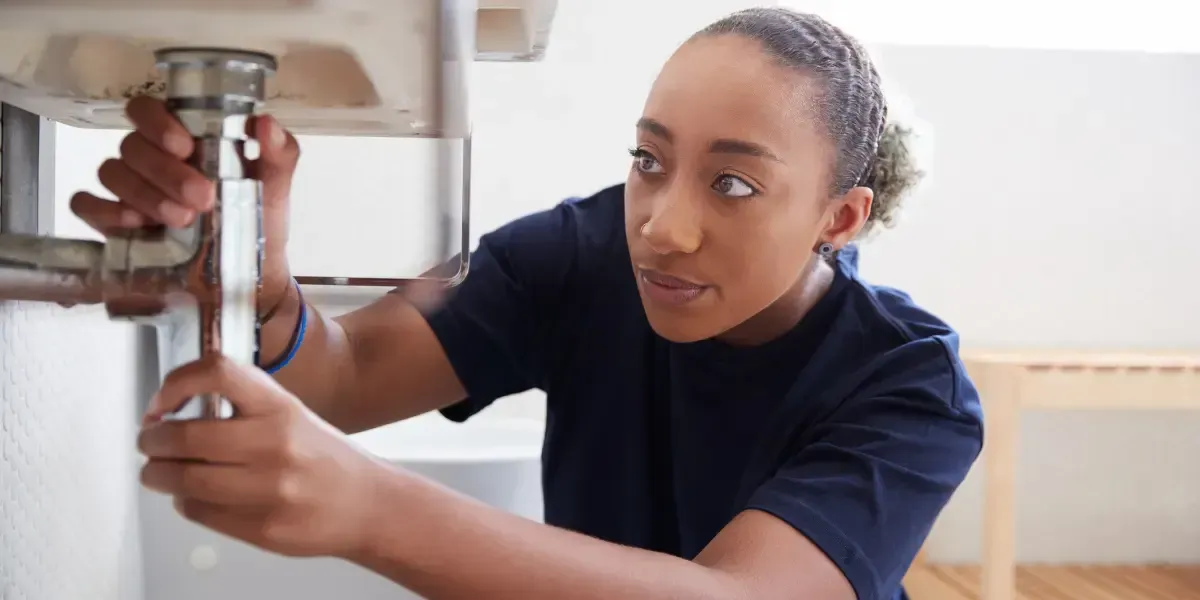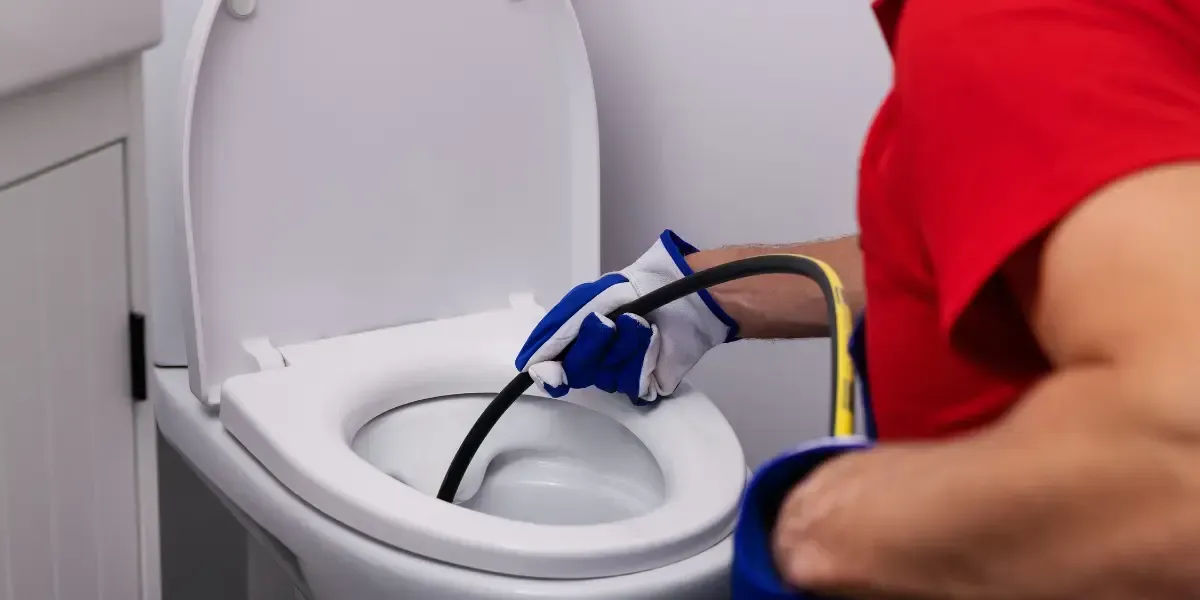Should You Install a Heat Pump? Pros and Cons
In the quest for energy-efficient home heating and cooling solutions, heat pumps have emerged as a leading choice. But are they the right option for your home? If you’re considering whether to
install a
heat pump, it’s essential to weigh the pros and cons to make an informed decision. In this guide, we will explore how heat pumps work, their advantages and drawbacks, and how PDS Plumbing and Air can help you with professional installation.
Key Takeaways
- Heat pumps can significantly reduce energy consumption compared to traditional heating systems.
- Despite higher upfront costs, heat pumps can lower your energy bills in the long run.
- Using a heat pump helps reduce carbon emissions and reliance on fossil fuels.
- Heat pumps provide both heating and cooling, eliminating the need for separate systems.
- While efficient, heat pumps may require supplemental heating in extreme cold conditions.
Understanding Heat Pumps
A heat pump is a device that transfers heat from one location to another using electricity. Instead of generating heat like a furnace, it extracts heat from the air, ground, or water source and distributes it throughout your home. This makes it one of the most energy-efficient options for heating and cooling available today.
There are three main types of heat pumps:
- Air-source heat pumps – The most common type, which transfers heat between your home and the outside air.
- Ground-source (geothermal) heat pumps – Extracts heat from the ground, offering high efficiency but with a higher installation cost.
- Water-source heat pumps – Uses a nearby water source like a lake or well to regulate indoor temperatures.
Pros of Installing a Heat Pump
1. Energy Efficiency
Heat pumps are designed to use minimal electricity while maximizing heat transfer. Compared to traditional HVAC systems, a heat pump can provide up to four times the amount of energy it consumes, making it an excellent energy-saving solution.
2. Lower Utility Bills
Because of their high efficiency, heat pumps help reduce electricity bills. Homeowners switching from oil or gas furnaces can see significant savings on their energy costs over time.
3. Dual Functionality: Heating and Cooling
One of the biggest advantages of installing a heat pump is its ability to heat and cool your home using a single system. This eliminates the need for separate air conditioning units and furnaces, making it a convenient all-in-one solution.
4. Reduced Carbon Footprint
Heat pumps operate on electricity and do not burn fossil fuels like traditional heating systems. This makes them an environmentally friendly option for homeowners looking to reduce greenhouse gas emissions and move toward sustainable living.
5. Increased Home Value
Installing a heat pump can improve your home’s resale value. Many buyers look for energy-efficient systems that can provide cost savings, making your home more attractive in the real estate market.
Cons of Installing a Heat Pump
1. Higher Upfront Cost
The initial installation of a heat pump is higher compared to traditional heating systems. While the long-term savings can offset this cost, the upfront investment may be a barrier for some homeowners.
2. Performance in Extreme Cold
In regions with harsh winters, heat pumps may struggle to maintain efficiency when temperatures drop below freezing. Some homeowners may need a supplemental heating source to stay warm during the coldest months.
3. Installation Complexity
Installing a heat pump requires a professional assessment of your home’s insulation, existing HVAC system, and climate conditions. Ground-source heat pumps, in particular, involve extensive excavation and can be costly to install.
4. Maintenance Requirements
Regular maintenance is required to ensure the optimal performance of a heat pump. Homeowners must clean filters, check refrigerant levels, and schedule annual inspections to prevent efficiency loss.
5. Noise Levels
Some heat pump systems generate noise when running, particularly air-source models with an outdoor compressor unit. However, newer models are designed with noise reduction features to minimize disruptions.
How PDS Plumbing and Air Can Help You
If you’re considering installing a heat pump, you need a trusted HVAC professional to guide you through the process. At PDS Plumbing and Air in Clovis, CA, we specialize in energy-efficient heating and cooling solutions tailored to your home’s specific needs.
We offer:
- Expert consultations to determine the best heat pump system for your home.
- Professional installation services ensure optimal efficiency and performance.
- Maintenance and repair services to keep your heat pump running smoothly for years.
Why You Should Choose PDS Plumbing and Air
Choosing the right HVAC service provider is crucial for ensuring the best results. PDS Plumbing and Air stands out because:
- Experience & Expertise – Our team has years of experience installing and maintaining heat pumps across various home types.
- Customer Satisfaction – We prioritize customer service and provide reliable support throughout the installation process.
- Competitive Pricing – Our pricing options ensure you receive the best value for your investment.
- Energy-Efficient Solutions – We focus on sustainability and offer solutions that help lower your carbon footprint.
- Local & Trusted – We proudly serve homeowners in our community, delivering quality HVAC solutions that stand the test of time.
Conclusion
Deciding whether to install a heat pump in Clovis, CA, comes down to your energy goals, budget, and climate conditions. With benefits like lower energy bills, environmental friendliness, and dual functionality, heat pumps offer a compelling alternative to traditional heating and cooling systems. However, it’s essential to consider the upfront cost, maintenance needs, and climate suitability before making the switch.
For expert heat pump installation and guidance,
PDS Plumbing and Air is here to help. Contact us today for a consultation and take the next step toward energy-efficient comfort in your home.
Frequently Asked Questions
How much does it cost to install a heat pump in Clovis?
The cost varies depending on the type of heat pump and the size of your home. On average, air-source heat pumps range between $3,000 and $8,000, while geothermal heat pumps can cost $10,000 or more.
Do heat pumps work in extremely cold temperatures?
Yes, but their efficiency can drop in freezing conditions. In very cold climates, homeowners may need an auxiliary heating system for additional warmth.
How long does a heat pump last?
With proper maintenance, a heat pump can last between 10 to 15 years. Geothermal heat pumps can last even longer—up to 25 years.
Is a heat pump better than a furnace?
It depends on your energy goals. Heat pumps are more energy-efficient and environmentally friendly, but furnaces may provide more consistent heating in extremely cold areas.
How often should a heat pump be serviced?
Annual servicing is recommended to maintain efficiency. Regular filter cleaning and professional inspections will ensure your system operates at peak performance.
